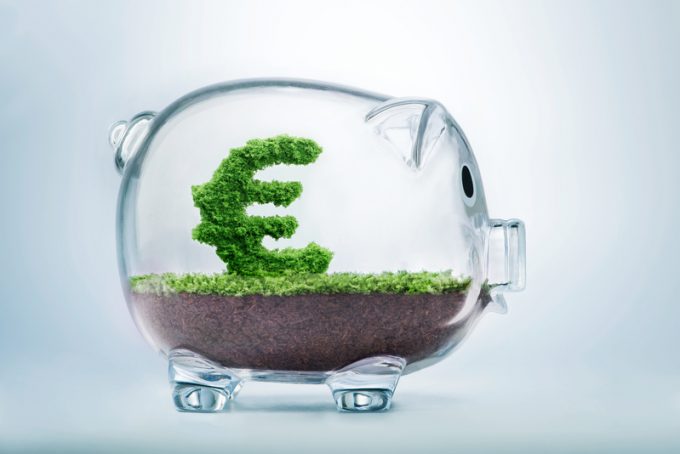'Everyone must be onboard' if IATA's OneRecord is to work
IATA’s OneRecord will benefit the air cargo industry, but only if everyone is on board, ...

Air Cargo Netherlands, and IATA, have spoken out against a proposal to tax air cargo in the Netherlands, which would be a further blow to the Dutch air freight sector.
This week, the government held a closed meeting in the Second Chamber of the Finance Committee to discuss the proposals, which include a tax on freighters.
“The noisiest planes will be taxed at a rate of €3.85 per tonne of cargo and the quietest at a rate of €1.925 per tonne of cargo,” it said ...
Outlook for container shipping 'more uncertain now than at the onset of Covid'
Transpac container service closures mount
Shippers warned: don't under-value US exports to avoid tariffs – 'CBP will catch you'
Cancelled voyages take the sting out of spot rate declines this week
New Houthi warning to shipping as rebel group targets specific companies
K+N CEO unveils impact of US import tariffs on China-origin goods
Blanked sailings in response to falling demand 'just a stop-gap solution'
CMA CGM to reflag box ship as the French carrier eyes growing Indian market


Comment on this article